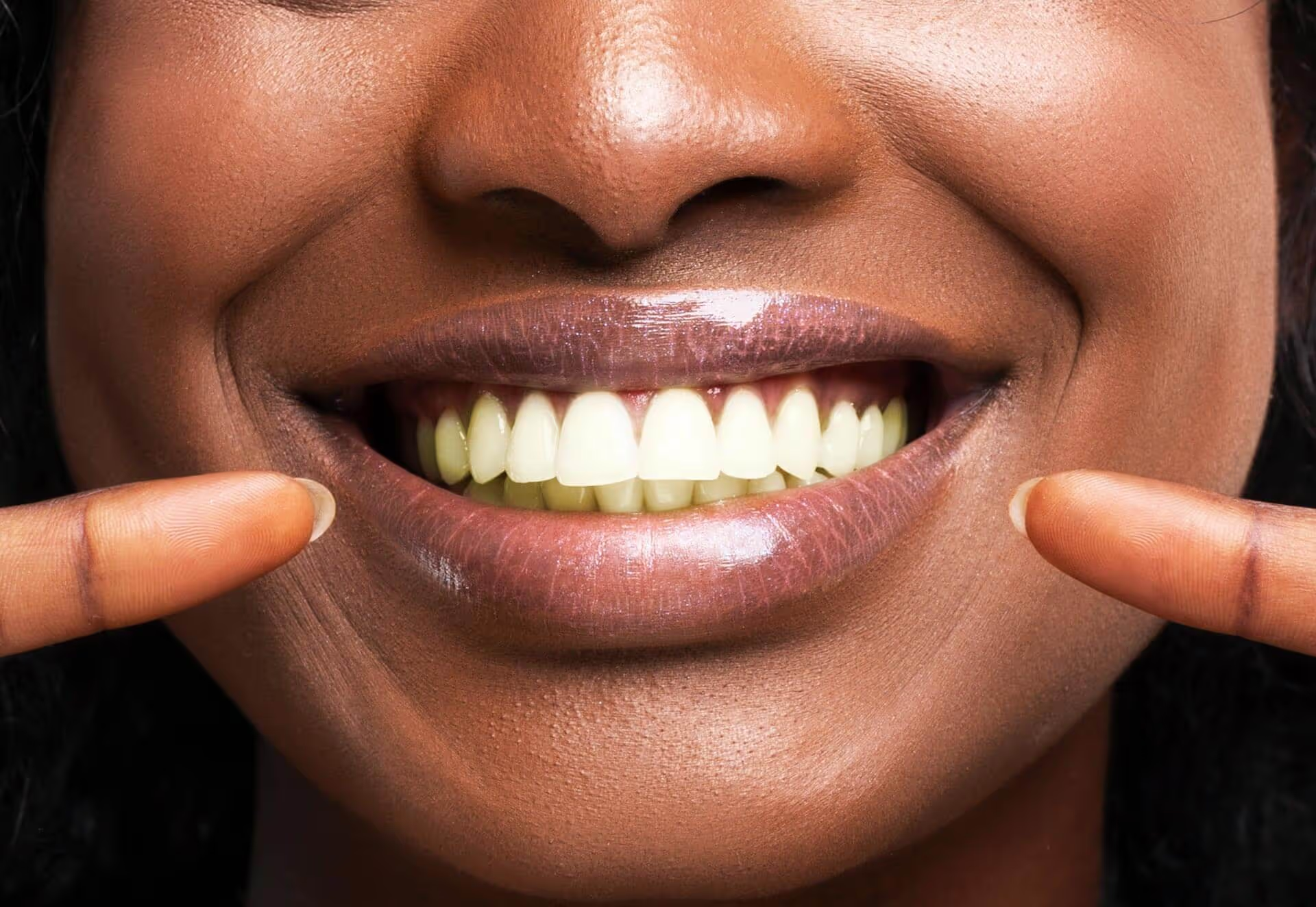Sedation Dentistry in Houston

What is Sedation Dentistry?
With our advanced sedation techniques, you can conquer dental anxiety and achieve a healthier, brighter smile in fewer visits.
A Safe and Effective Way to Address Dental Anxiety
Dental sedation is an effective approach to counter dental anxiety, stress, and phobias that can deter you from seeking necessary dental treatments. With an estimated 36% of the population affected by dental anxiety, the use of sedation techniques aims to make the dental experience more comfortable and less stressful.
The Benefits of Dental Sedation for Comprehensive Care
Administering various levels of sedatives enables us to induce states of mild to deep sedation, offering a range of comfort levels to the patient. This not only enhances the patient's overall experience but also allows for increased cooperation and efficiency, enabling us to perform more dental work in fewer appointments.

Conscious Sedation at Urgent Dental Care: Everything You Need To Know
The Benefits and Process of Conscious Sedation
What to Expect Before and After Conscious Sedation
Frequently Asked Questions
Can sedation put me to sleep?
Yes, an emergency dentist can put you to sleep using IV sedation or you could have your treatment performed under general anesthesia in a hospital. However, oral conscious sedation will not put you to sleep because it is a milder sedative that merely relaxes you and melts away negative feelings like stress and anxiety.
Do I feel pain with sedation?
No, you will not feel any pain under sedation. Any invasive dental procedures or treatments that have the potential to cause pain are safeguarded by the administration of local anesthesia. This completely numbs your mouth so that you don’t feel any pain.The additional use of dental sedation also eliminates pain sensation, making you feel very comfortable during your appointment. Best of all, you don’t need to remember anything afterward. Painless dentistry is the way to go if you experience dental anxiety or dental phobia.
How long does it take for sedation from the dentist to wear off?
It depends on the type of sedation used. For instance, if you receive an oral sedative, the effects usually take about an hour to wear off. However, if you have IV sedation dentistry, the effects may last for several hours. In general, the deeper the level of sedation, the longer it will take for the effects to dissipate.
Who is a candidate for sedation dentistry?
For many, dental anxiety is a real barrier to receiving necessary dental care. Whether this anxiety is innate or acquired from past experiences, it can deter patients from routine appointments, leading to more severe oral health issues. However, sedation dentistry offers a viable solution.
Who is an Ideal Candidate for Sedation Dentistry?
Sedation dentistry is particularly beneficial for individuals who:
- Experience intense fear or anxiety when visiting the dentist
- Struggle with numbing during procedures
- Require multiple dental treatments in one sitting
- Suffer from TMJ or bite-related discomfort
- Have difficulty sitting still in the dental chair
- Are afraid of needles
If you identify with any of these situations, consult your dentist about available sedation options. Various types of sedatives are used in the dental setting, and your dentist will assist you in selecting the one best suited to your specific needs
What can I expect after being sedated?
Depending on the type and amount of sedation received, you may be awake or asleep during the procedure.
The level of consciousness you’ll experience during the procedure is determined by the kind and dosage of sedation used. Should you stay awake, expect to feel a state of deep relaxation, although your memory of the procedure might be vague. Conversely, if the sedation puts you to sleep, you will have no awareness of the treatment as it happens.
What do I do after my procedure?
If you were awake during the procedure, you will need someone to drive you home, as the effects of the sedative can last for several hours. Once home, it is important to rest and avoid any strenuous activity. You should also avoid drinking alcohol or operating machinery until the effects of the sedative have worn off completely.If you were asleep during the procedure, someone will need to stay with you until the effects of the anesthesia have worn off completely. It is important not to drink alcohol or operate machinery until all residual effects have dissipated.During your appointment, the dentist will give you either an oral sedative or an IV sedative, depending on which type of sedation you decide. You may feel drowsy or even fall asleep during the procedure. The dentist will constantly monitor your vital signs to make sure you are safe and comfortable throughout the procedure.
What is sedation dentistry?
Sedation dentistry at Urgent Dental Care of Houston helps anxious patients relax during dental procedures. We offer various sedation options to ensure a stress-free experience. Our goal is to make your visit as comfortable as possible.
Is sedation dentistry safe for everyone?
Our experienced team at Urgent Dental Care of Houston ensures sedation dentistry is tailored to your needs. We thoroughly evaluate your health to provide safe and appropriate sedation, making your dental experience comfortable and worry-free.













